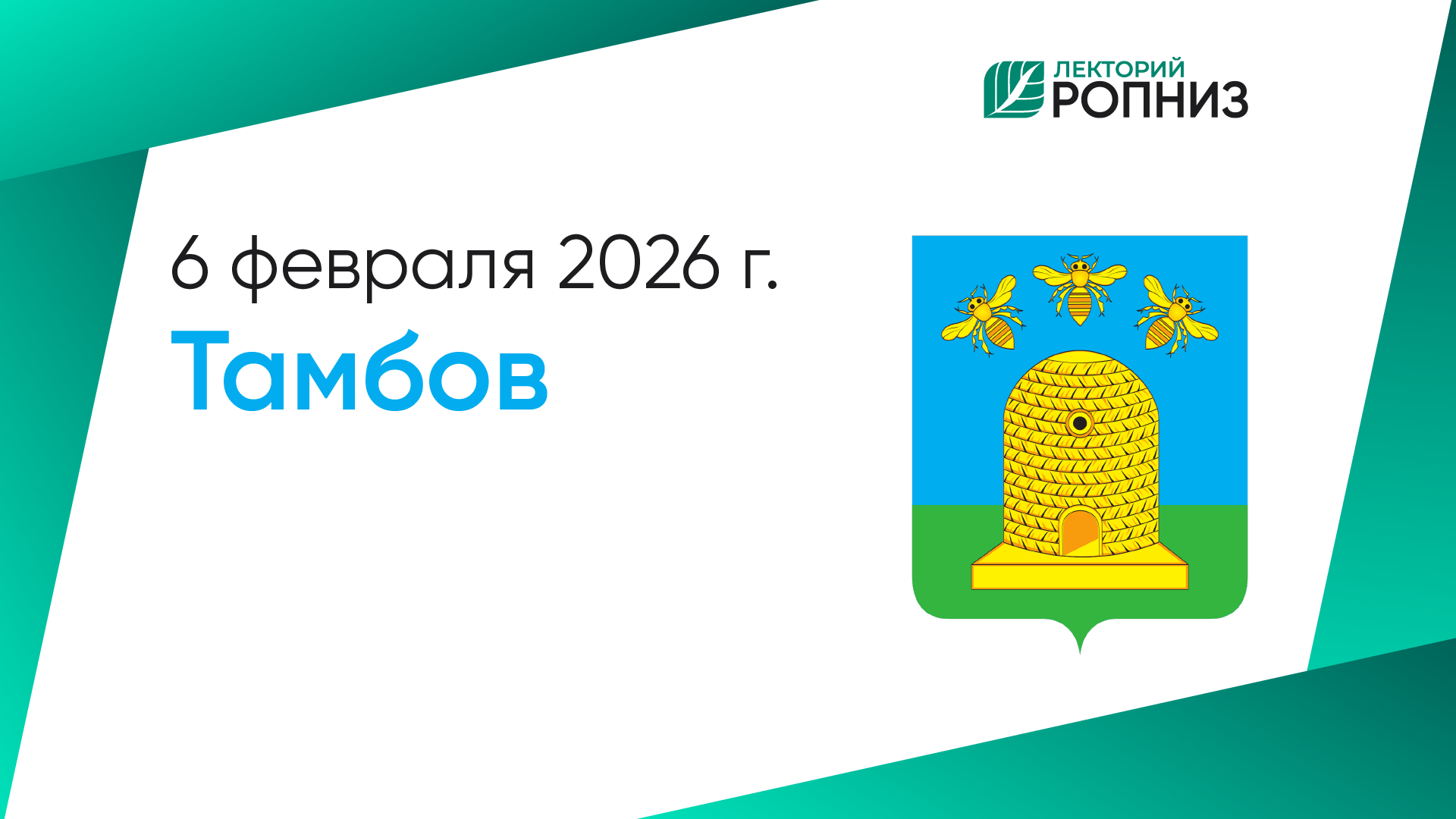Use of large-scale sample collections to estimate the carriage rate of miscarriage-related variants
https://doi.org/10.15829/1728-8800-2024-4206
EDN: IKHPZD
Abstract
Aim. Modern large-scale biocollections and related open databases play a critical role in the development and implementation of novel approaches to prevention and diagnostics, as well as in improvement of treatment of hereditary pathologies. The aim of this study was to analyze the carriage rate of miscarriage-related variants in the Russian population presented in the RUseq database.
Material and methods. The first Russian open database of genetic variants and their rate in the Russian population (RUSeq) was used as the main source of information on allele frequencies. We analyzed 270 known genetic variants described as a cause of miscarriage. A search for pathogenic variants in 18 key miscarriage-related genes was conducted.
Results. We revealed that 10 out of 270 variants described as a miscarriage cause are found in the Russian population. In addition, 46 known or new potentially pathogenic variants were found in 10 key genes that are possible markers of miscarriage risk. In one case (NEB gene), the cumulative frequency of such variants exceeded 0,5%.
Conclusion. The obtained results emphasize the importance of genetic databases and the need for further study of miscarriage-realted gene disorders, as well as the inclusion of identified variants in preconception genetic testing programs for couples in order to determine pregnancy planning and management.
About the Authors
Yu. A. BarbitovРоссия
Saint Petersburg
T. E. Lazareva
Россия
Saint Petersburg
Yu. A. Nasykhova
Россия
Saint Petersburg
O. N. Bespalova
Россия
Saint Petersburg
A. S. Glotov
Россия
Saint Petersburg
References
1. Tabakov VY. Management of biobanking for medical genetics research. Cardiovascular Therapy and Prevention. 2021;20(8): 3027. (In Russ.) doi:10.15829/1728-8800-2021-3027.
2. Glotov A, Nasykhova Y, Dvoynova N, et al. Prospects for biobanking in reproductive health: genetic aspects. Biol Commun. 2022;67(4):286-300. doi:10.21638/spbu03.2022.40467(4).
3. Lazareva TE, Barbitoff YA, Changalidis AI, et al. Biobanking as a Tool for Genomic Research: From Allele Frequencies to Cross-Ancestry Association Studies. J Pers Med. 2022;12(12):2040. doi:10.3390/jpm12122040.
4. Barbitoff YA, Khmelkova DN, Pomerantseva EA, et al. Expanding the Russian allele frequency reference via cross-laboratory data integration: insights from 7,452 exome samples. Natl Sci Rev. 2024;11(10):nwae326. doi:10.1093/nsr/nwae326/7758245.
5. Usoltsev D, Kolosov N, Rotar O, et al. Complex trait susceptibilities and population diversity in a sample of 4,145 Russians. Nat Commun. 20204;15:6212. doi:10.1038/s41467-024-50304-1.
6. Ryzhkova OP, Kardymon OL, Prohorchuk EB, et al. Guidelines for interpretation of human DNA sequence data obtained using massively parallel sequencing (MPS) (2018 edition, version 2). Medical Genetics. 2019;18(2):3-23. (In Russ.) doi:10.25557/2073-7998.2019.02.3-23.
7. Chernykh V, Sorokina T, Sedova A, et al. L138ins Variant of the CFTR Gene in Russian Infertile Men. Genes (Basel). 2023;14(7): 1407. doi:10.3390/genes14071407.
8. Glotov AS, Chernykh VB, Solovova OA, et al. Russian Regional Differences in Allele Frequencies of CFTR Gene Variants: Genetic Monitoring of Infertile Couples. Genes (Basel). 2023;15(1):45. doi:10.3390/genes15010045.
9. Stupak V, Banteva M, Manoshkina E. Dynamics And Structure Of Abortions In The Russian Federation And Far Eastern Federal District In 2003-2022. Social'nye aspekty zdorov'a naselenia [serial online]. 2024;70(1):10. (In Russ.) doi:10.21045/2071-5021-2024-70-1-10.
10. Dobrokhotova YE, Kuznetsov PA, Dzhokhadze LS. Current discourse on recurrent pregnancy loss (ESHRE Protocol 2023, National Clinical Guidelines "Recurrent Pregnancy Loss" 2021, materials of the World Congress of ESHRE 2023). Russ J Woman Child Heal [Internet]. 2023;6(3):219-25. (In Russ.) doi:10.32364/2618-8430-2023-6-3-1.
11. Cao C, Bai S, Zhang J, et al. Understanding recurrent pregnancy loss: recent advances on its etiology, clinical diagnosis, and management. Med Rev [Internet]. 2023;2(6):570-89. doi:10.1515/mr-2022-0030/html.
12. Suzumori N, Sugiura-Ogasawara M. Genetic Factors as a Cause of Miscarriage. Curr Med Chem. 2010;17(29):3431-7. doi:10.2174/092986710793176302.
13. Byrne AB, Arts P, Ha TT, et al. Genomic autopsy to identify underlying causes of pregnancy loss and perinatal death. Nat Med. 2023;29(1):180-9. doi:10.1038/s41591-022-02142-1.
14. Barbitoff YA, Ushakov MO, Lazareva TE, et al. Bioinformatics of germline variant discovery for rare disease diagnostics: current approaches and remaining challenges. Brief Bioinform. 2024;25(2):bbad508. doi:10.1093/bib/bbad508.
15. Maksiutenko EM, Barbitoff YA, Nasykhova YA, et al. The Landscape of Point Mutations in Human Protein Coding Genes Leading to Pregnancy Loss. Int J Mol Sci. 2023;24(24):17572. doi:10.3390/ijms242417572.
16. Karczewski KJ, Francioli LC, Tiao G, et al. The mutational constraint spectrum quantified from variation in 141,456 humans. Nature. 2020;581:434-43. doi:10.1038/s41586-020-2308-7.
17. Landrum MJ, Lee JM, Benson M, et al. ClinVar: improving access to variant interpretations and supporting evidence. Nucleic Acids Res. 2018;46(D1):D1062-7. doi:10.1093/nar/gkx1153.
18. Balashova MS, Tuluzanovskaya IG, Glotov OS, et al. The spectrum of pathogenic variants of the ATP7B gene in Wilson disease in the Russian Federation. J Trace Elem Med Biol [Internet]. 2020;59:126420. doi:10.1016/j.jtemb.2019.126420.
19. Barbitoff YA, Skitchenko RK, Poleshchuk OI, et al. Whole-exome sequencing provides insights into monogenic disease prevalence in Northwest Russia. Mol Genet Genomic Med. 2019;7(11):e964. doi:10.1002/mgg3.964.
Supplementary files
What is already known about the subject?
- A significant proportion of spontaneous abortions (miscarriages) in euploid pregnancy are associated with pathogenic genetic variants in the fetus.
- Large-scale collections of samples provide a unique opportunity to assess the allele frequency in the population.
What might this study add?
- RUSeq database makes it possible to initially assess the inheritance rate of the main miscarriage-related variants.
- In a healthy Russian population, both known and new genetic variants in 10 genes potentially associated with miscarriage have been discovered.
Review
For citations:
Barbitov Yu.A., Lazareva T.E., Nasykhova Yu.A., Bespalova O.N., Glotov A.S. Use of large-scale sample collections to estimate the carriage rate of miscarriage-related variants. Cardiovascular Therapy and Prevention. 2024;23(11):4206. (In Russ.) https://doi.org/10.15829/1728-8800-2024-4206. EDN: IKHPZD
JATS XML

























































